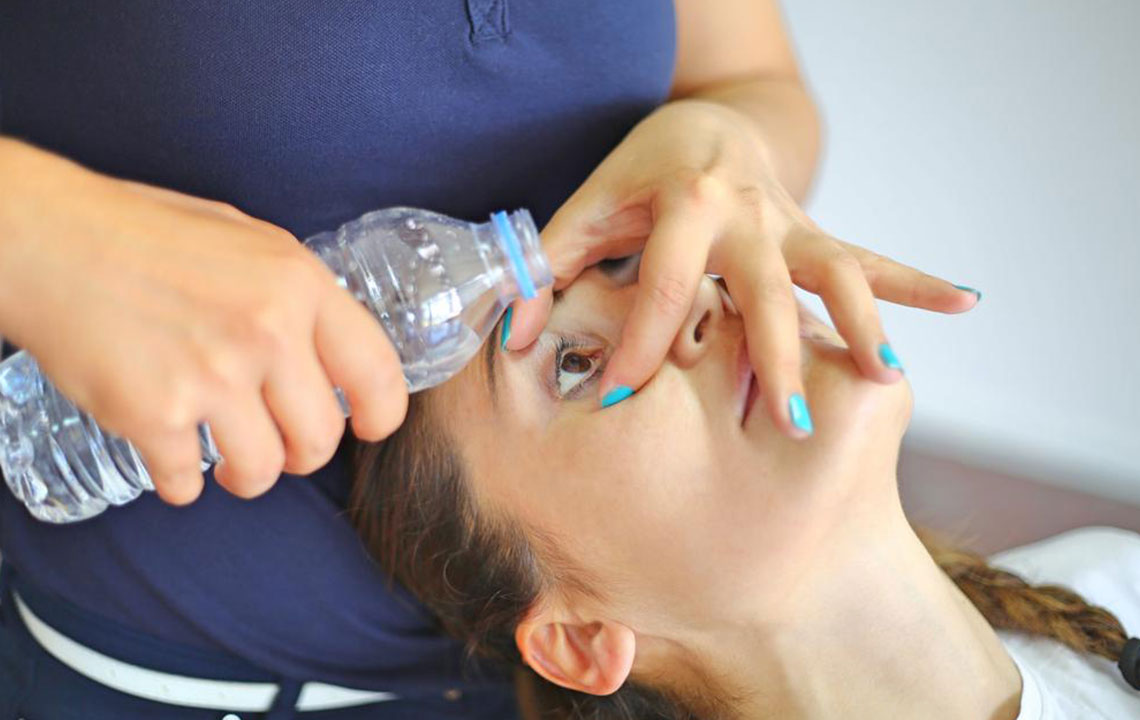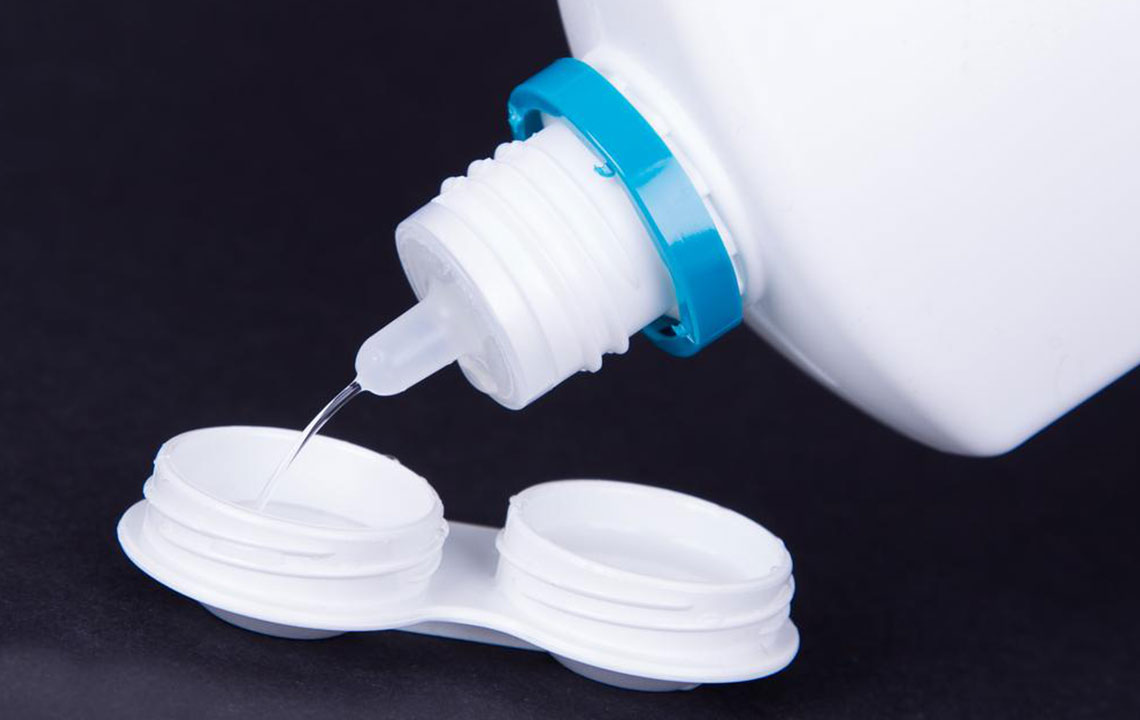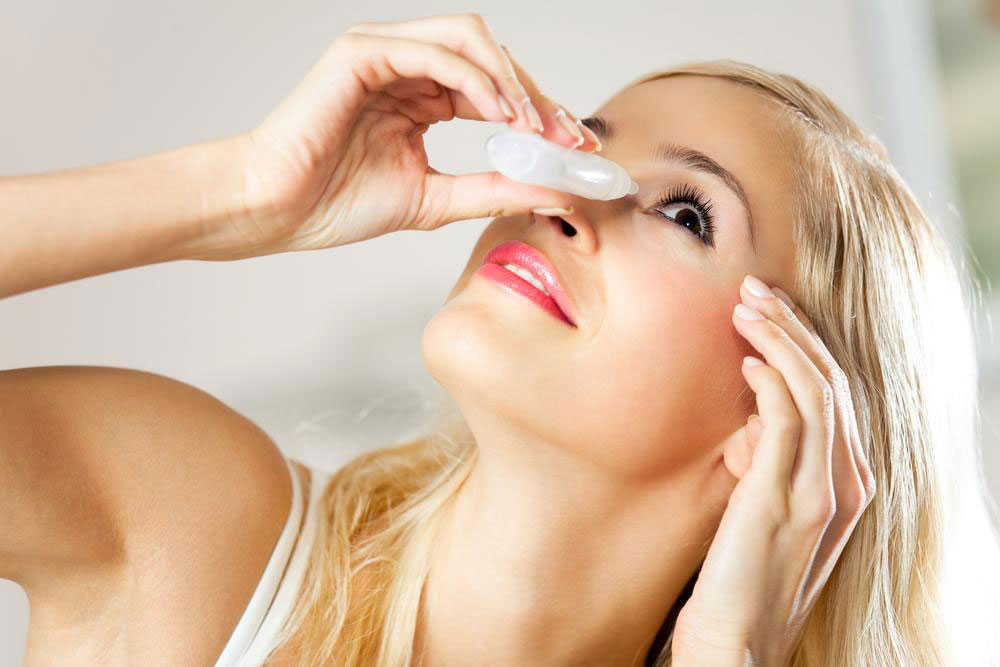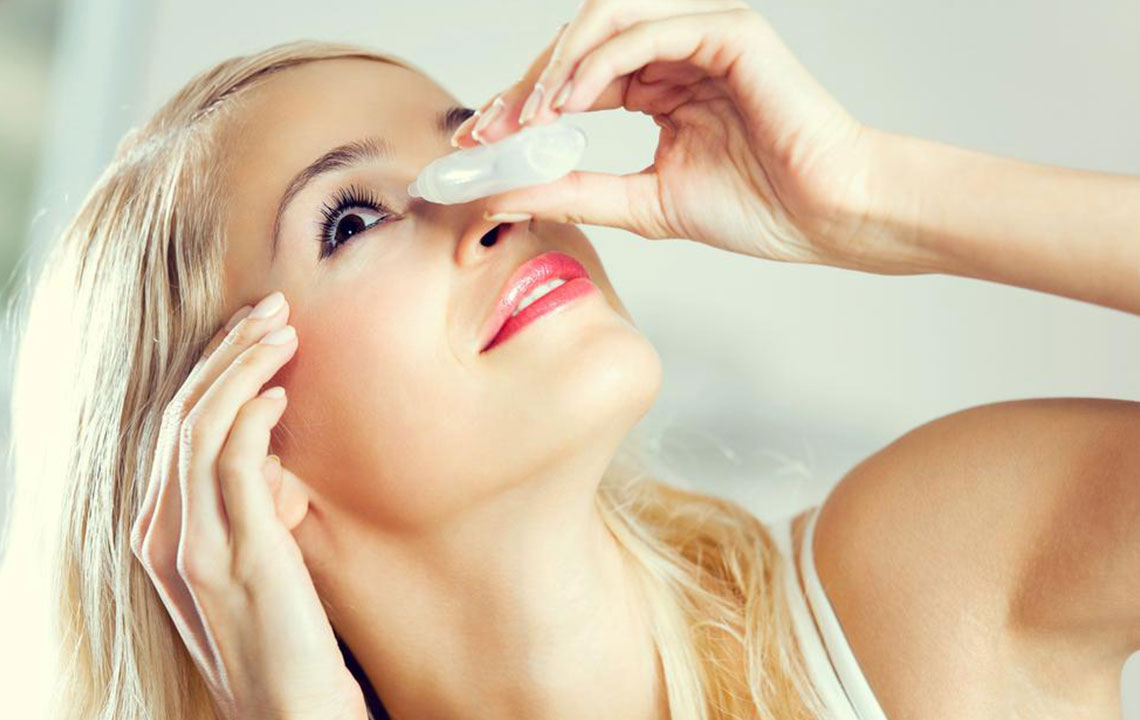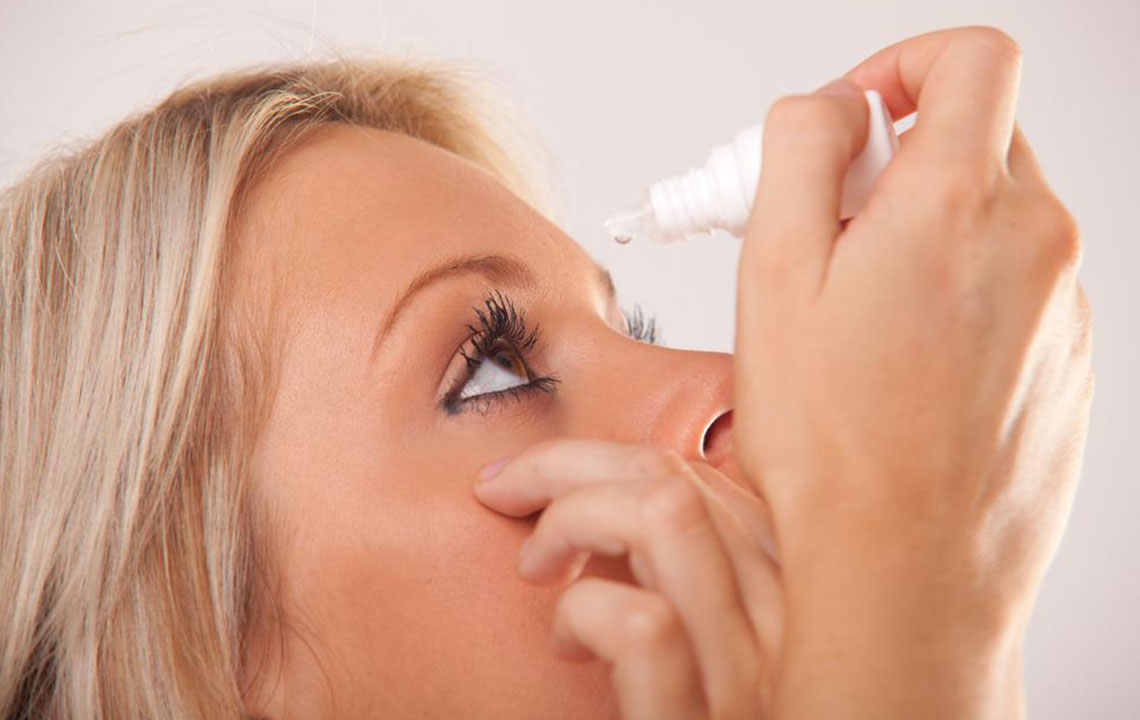Nutritional Strategies to Combat Dry Eyes Effectively
Discover effective nutritional strategies to prevent and manage dry eyes. Learn how vitamins like A, C, E, B-complex, and dietary habits influence eye health. Incorporate nutrient-rich foods and avoid triggers like sugars, alcohol, and caffeine to maintain healthy, lubricated eyes. Consultation with healthcare providers is recommended for personalized guidance and optimal results.
Sponsored

Effective Nutritional Approaches to Alleviate Dry Eye Symptoms
Dry Eye Disease (DED) is a prevalent condition characterized by insufficient lubrication on the eye surface, leading to irritation and inflammation. It can vary from mild discomfort to severe complications like corneal scarring. Other terms for dry eyes include:
Keratitis sicca
This refers to dryness and inflammation of the cornea.
Tear film dysfunction
This highlights inadequate tear production essential for eye hydration.
Keratoconjunctivitis sicca
This involves dryness affecting both the cornea and conjunctiva.
Research indicates that dry eye prevalence ranges from 5% to 50% worldwide. Conditions like diabetes, macular degeneration, cataracts, and glaucoma can also contribute to eye dryness. Besides medications, proper nutrition and vitamin intake are vital for maintaining eye health. The following vitamins are particularly beneficial:
Vitamin A
Vitamin A is essential for clear vision, maintaining the cornea, and regenerating rhodopsin, which helps see in low light. Deficiency can cause night blindness and dry eyes. Foods rich in vitamin A include sweet potatoes, leafy greens, pumpkins, and peppers.
Riboflavin (Vitamin B2)
This antioxidant reduces oxidative stress and promotes eye hydration. Good sources are fortified cereals, dairy, oats, and lean meats.
Thiamine (Vitamin B1)
Thiamine supports cell energy production and may lower cataract risk. Foods like whole grains, fish, and legumes are excellent sources.
Niacin (Vitamin B3)
Niacin assists in energy conversion and may help prevent glaucoma. It is found in poultry, fish, beans, and nuts.
Vitamin C
Vital for collagen synthesis, which is crucial for eye structure. Vitamin C intake has been linked to reduced cataract risk. Rich sources include citrus fruits, peppers, broccoli, and kale.
Vitamin E
This antioxidant neutralizes free radicals that damage eye cells. Nuts, seeds, spinach, and fish such as salmon are good sources.
In addition to adding these nutrients to your diet, avoiding certain foods can help alleviate dry eye symptoms:
Refined sugars
Processed foods, sweets, and baked goods contain refined sugars that negatively impact eye health. Opt for fruits to satisfy sweet cravings and read food labels diligently.
Alcohol
Alcohol dehydrates the body and worsens dry eye conditions. Staying well-hydrated with water before consuming alcohol is recommended. Individuals with health issues should limit alcohol intake.
Carbonated drinks
Artificially flavored sodas and flavored waters high in sweeteners can contribute to dryness. Cutting back helps reduce symptoms and sugar dependence.
Caffeine
While moderate caffeine consumption is generally safe, excessive intake can dry out the system and exacerbate dry eye issues. Monitoring intake is advisable.
It's best to consult healthcare professionals before making significant dietary changes, especially if underlying health conditions exist, to ensure optimal eye health and prevent symptom aggravation.

